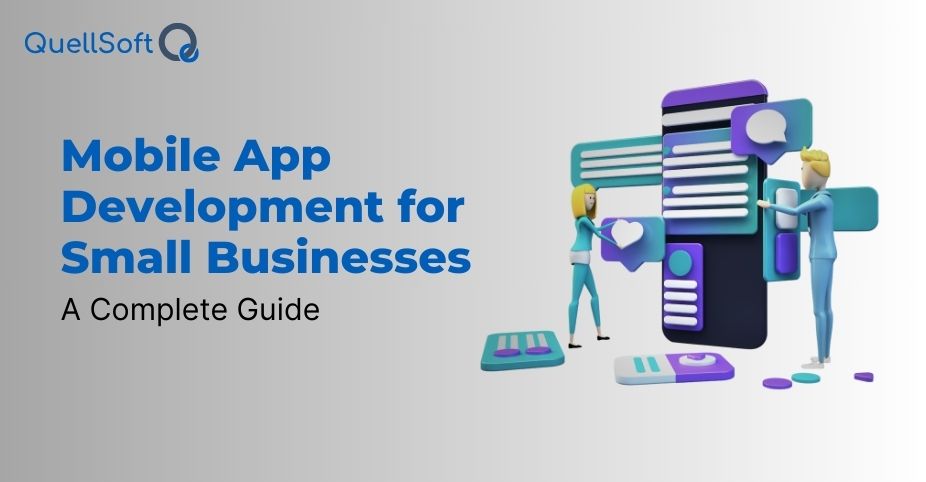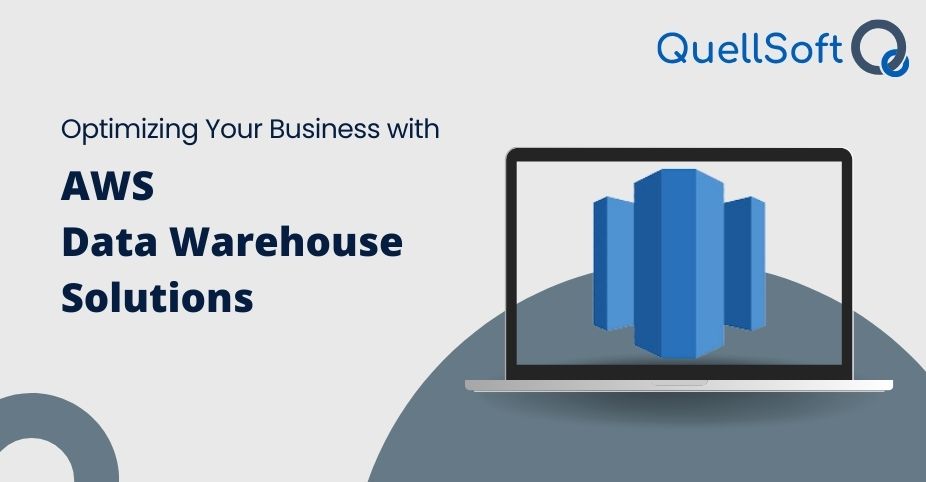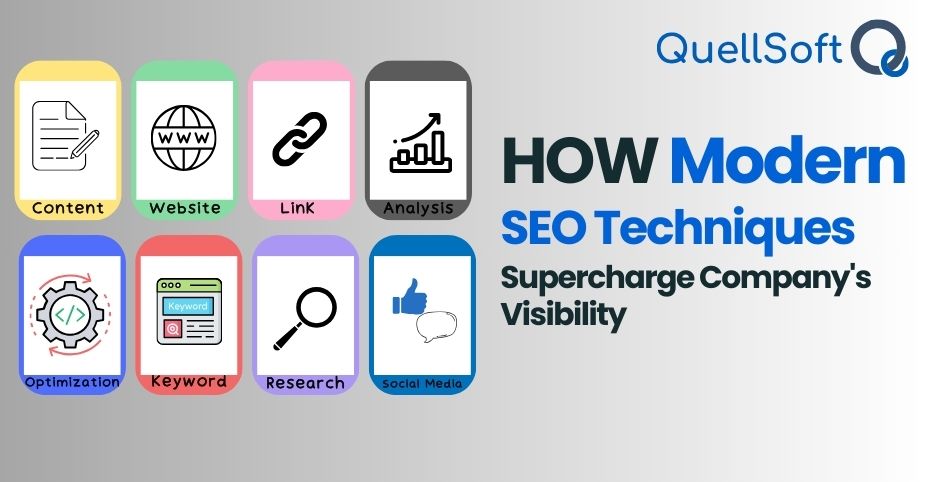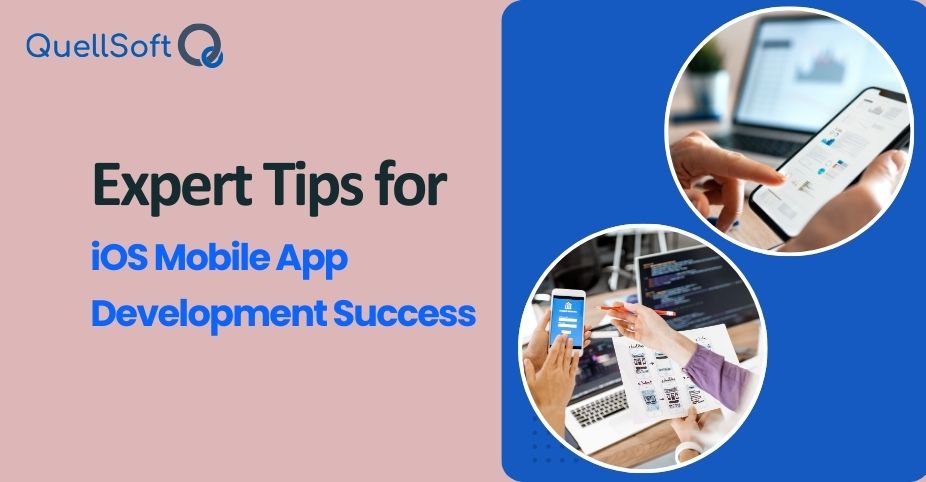
Mobile App Development for Small Businesses – A Complete Guide
In today’s fast-paced digital landscape, mobile app development for small businesses has become essential. As customers increasingly rely on their smartphones for shopping, booking services, and engaging with brands, having a mobile app is no longer just a luxury—it’s a competitive necessity. For small businesses, especially in vibrant markets like New York and New Jersey, a mobile app can help you connect directly with customers, streamline operations, and stand out in a crowded marketplace.
Why Mobile App Development for Small Businesses
Boost Customer Engagement
Mobile app development for small businesses is a powerful way to enhance customer engagement. With a mobile app, you can keep your brand at your customers’ fingertips, sending them push notifications about new offers, updates, or exclusive deals. In bustling cities like New York, where competition is fierce, maintaining direct communication with customers through an app can significantly increase repeat business.
Increase Brand Visibility
Having a mobile app keeps your brand visible to customers at all times. Each time users scroll through their phone, your app serves as a reminder of your business. This constant presence is vital in high-density areas like New Jersey, where businesses vie for consumer attention. Mobile app development for small businesses ensures that your brand is always accessible, which can drive higher customer retention and loyalty.
Gain a Competitive Edge
In regions like New York and New Jersey, where many small businesses have yet to adopt mobile apps, developing one can give you a substantial competitive advantage. A mobile app positions your business as modern and customer-focused, attracting tech-savvy consumers who prefer the convenience of mobile interactions. By investing in mobile app development for small businesses, you’re setting your brand apart in a crowded market.
Key Features of a Successful Small Business App
User-Friendly Interface
A critical aspect of mobile app development is designing a user-friendly interface. Your app should be intuitive and easy to navigate, ensuring customers can quickly find what they need. This is particularly important in fast-paced environments like New York, where users expect seamless, efficient experiences.
Fast Loading Speed
Speed is crucial for user retention. In a place like New York City, where every second counts, a slow-loading app will quickly be abandoned. Ensuring your app is optimized for speed is a vital component of mobile app development for small businesses. A fast, responsive app enhances customer satisfaction and encourages repeat use.
Social Media Integration
In today’s connected world, integrating social media into your app is essential. This allows users to share content, make purchases, or interact with your brand through their social media accounts. For businesses in social-media-savvy regions like New Jersey, this feature can expand your reach and drive more downloads, making it a crucial part of mobile app development.
Steps to Develop a Mobile App for Small Businesses
Define Your Objectives
Before diving into mobile app development for small businesses, it’s essential to define clear goals. Whether your aim is to boost sales, improve customer engagement, or streamline operations, having specific objectives will guide the development process and ensure the final product meets your business needs.
Choose the Right Developer
Selecting the right developer is crucial for successful mobile app development. Whether you hire locally in New York or New Jersey or outsource, ensure the team has experience with small business apps. A local developer might offer insights into regional consumer behavior, while outsourcing could be more cost-effective.
Design and Testing
During mobile app development for small businesses, focus on creating a clean, intuitive design that reflects your brand. After design, rigorous testing is essential to ensure the app works smoothly across various devices. Especially in diverse markets like New York, thorough testing can help identify issues that might affect different user segments.
Costs Involved in Mobile App Development
Budgeting for Development
Understanding the costs associated with mobile app development for small businesses is critical. Costs vary based on app complexity and the features you need. A basic app might cost between $5,000 to $20,000, while more advanced features could push costs higher. Small businesses in high-cost areas like New York and New Jersey should consider starting with a minimum viable product (MVP) to keep initial expenses manageable.
Maximizing ROI
Despite the costs, mobile app development for small businesses can offer significant returns. A well-designed app can increase sales, improve customer loyalty, and enhance brand visibility, ultimately leading to higher revenue. For example, a restaurant in New Jersey might see a surge in orders by offering an easy-to-use app, which over time, could pay for itself.
Challenges in Mobile App Development for Small Businesses
High Initial Costs
One of the primary challenges in mobile app development for small businesses is the high upfront cost. This can be particularly daunting for startups or small businesses with limited budgets. However, by starting with an MVP and scaling over time, small businesses can manage these costs effectively while still reaping the benefits of having a mobile app.
Technical Complexity
The technical aspects of mobile app development for small businesses can be overwhelming, especially for those without a tech background. From choosing the right platform to ensuring cross-device compatibility, the process involves numerous complex decisions. Partnering with an experienced developer can help navigate these challenges and ensure a successful app launch.
Promoting Your App Locally
Leverage Local SEO
Promoting your app effectively is key to its success. Utilize local SEO strategies to ensure your app is easily found by customers in your area. For mobile app development for small businesses, this might include optimizing app store listings with keywords like “best small business app in New York” or “New Jersey local business app.”
Utilize Social Media and Local Events
Social media is a powerful tool for promoting your app. In regions like New York and New Jersey, where social media use is high, a strong presence on platforms like Instagram and Facebook can drive app downloads. Additionally, participating in local events provides opportunities to showcase your app and connect with potential users directly.
Future Trends
Embrace AI and Machine Learning
AI and machine learning are shaping the future of mobile app development for small businesses. These technologies allow for personalized user experiences, which can lead to higher customer satisfaction and loyalty. Small businesses can use AI to provide tailored recommendations and improve customer service within their apps.
Explore Augmented Reality (AR) and IoT
Augmented reality (AR) and the Internet of Things (IoT) are emerging trends in mobile app development for small businesses. AR can enhance the user experience by allowing customers to visualize products in real-time, while IoT can streamline business operations. For instance, a small retail store in New York could use AR to show customers how products would look in their homes, making shopping more interactive and engaging.
Consider Progressive Web Apps (PWAs)
Progressive web apps (PWAs) offer an alternative to traditional mobile apps by combining the features of websites and apps. PWAs provide a fast, reliable user experience without requiring a download, making them a cost-effective option for mobile app development for small businesses, particularly those with limited budgets.Top of Form
Final Thoughts
Mobile app development for small businesses is a strategic investment that can drive growth, improve customer engagement, and set your business apart from competitors. In markets like New York and New Jersey, where competition is intense, a well-designed app can enhance your brand’s visibility and ensure you stay connected with your customers. By focusing on user-friendly design, local promotion, and staying ahead of technological trends, your small business can leverage mobile apps to achieve long-term success.
Talk to Our Experts!
Frequently Asked Questions - FAQs
-
Do I need a mobile app if I already have a website?
Yes, a mobile app complements your website by offering additional features like push notifications, offline access, and personalized user experiences, which can enhance customer engagement.
-
How much does mobile app development for small businesses cost?
Costs vary based on the app’s complexity, but typically range from $5,000 to $50,000. Starting with a minimum viable product (MVP) can help manage initial expenses.
-
Can I manage the app myself after it’s developed?
Yes, many developers offer user-friendly content management systems (CMS) that allow you to update and manage your app without needing technical expertise.
-
How do I choose the right app developer?
Look for developers with experience in mobile app development for small businesses, a strong portfolio, and good client reviews. Local developers may offer insights into regional markets.
-
What are the best ways to promote my app locally?
Utilize local SEO, social media, and partnerships with other local businesses. Participating in community events can also help increase visibility and downloads.



